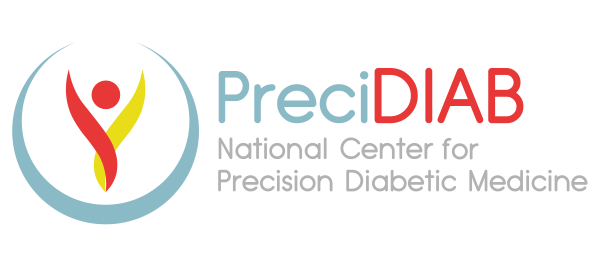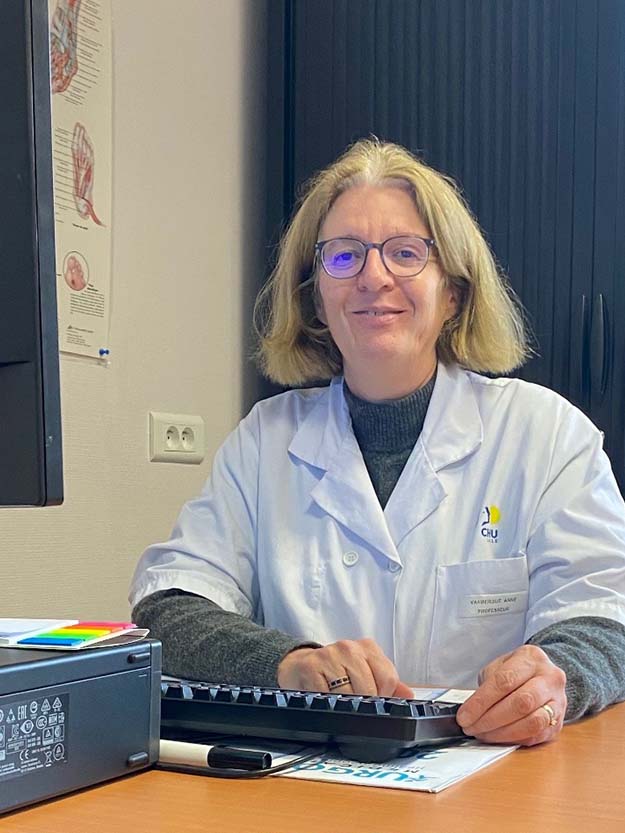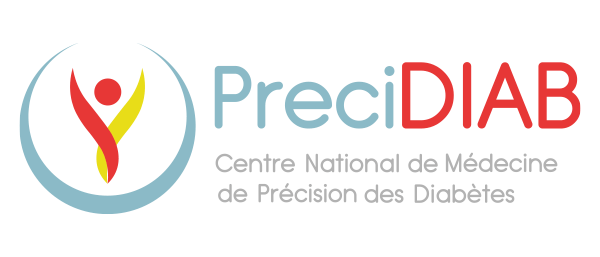Today, Professor Anne Vambergue tells us about her projects within PreciDIAB and concrete progress for diabetic patients.
The contribution of new technologies is a real revolution in the management of type 1 diabetic patients (insulin pump, continuous glucose measurement, telemedicine, etc.). The current major advance is the possibility of having insulin therapy optimized by “hybrid or closed loop” (insulin pump, glucose sensor and insulin adjustment algorithm). This technology is already applicable to type 1 diabetics, whether children, adolescents or adults, with excellent results in terms of glycemic control, reduction in the number of hypoglycemias and improved quality of life. The use of these technologies is only possible thanks to the therapeutic education that is part of diabetes care.
With regard to type 2 diabetes, the arrival of new drug classes with cardio-renal protection is also a major advance which will make it possible to delay and reduce mortality linked to diabetes complications.
These prospects require continuing to set up clinical or experimental research projects, whether in the context of type 1 or type 2 diabetes.
The National PreciDIAB Center is an excellent opportunity for clinicians to answer the many unresolved questions, thanks in particular to the study of genetic variants. The objective is to promote the development of genuine precision medicine in order to adapt the treatment of people carrying certain so-called “actionable” genes, in order to avoid heavy, restrictive, ineffective and costly treatments for them. company. Nevertheless, the success of these projects will only be possible at the cost of setting up a team of clinicians with a defined profile making the link between the fundamental teams and the clinical teams, clinical research assistants and paramedics.
We have therefore set up a monthly meeting to present “atypical diabetes” case files. These meetings bring together experts from different disciplines with the aim of deploying, within a defined framework, the real and concrete application of precision diabetes medicine for the benefit of patients who do not respond to the usual treatments. I invite you to read “La Une” of this newsletter to find out more.
Finally, one of our objectives is also to attract young clinicians to research in diabetes thanks to the various research teams on the site and to train diabetes of excellence.




